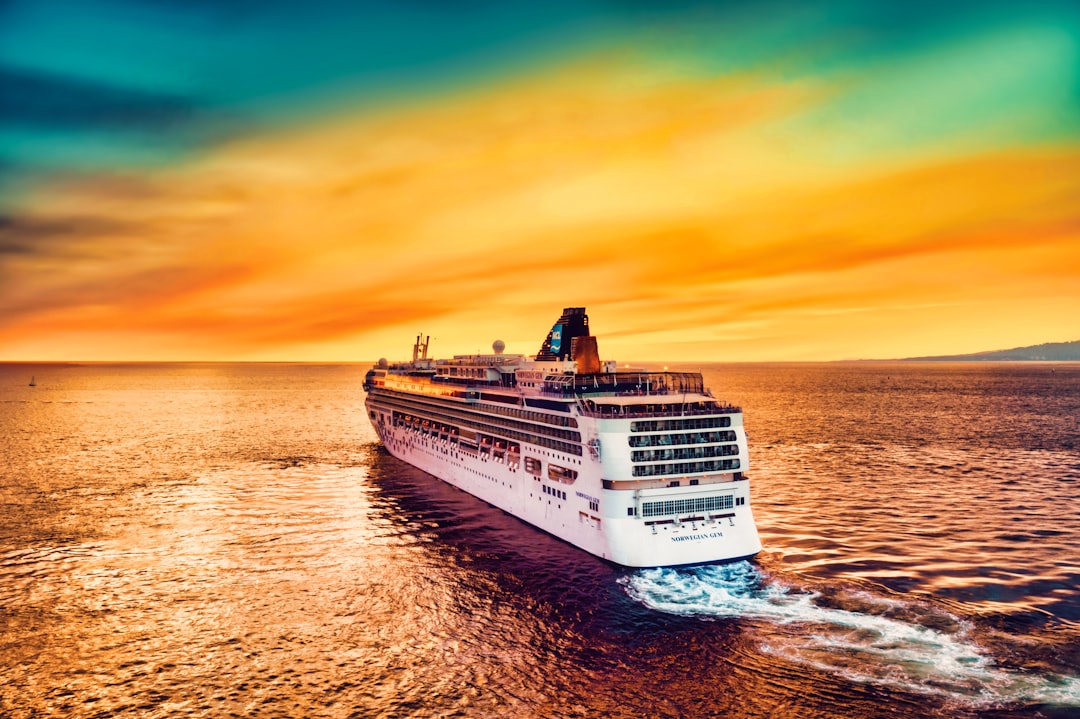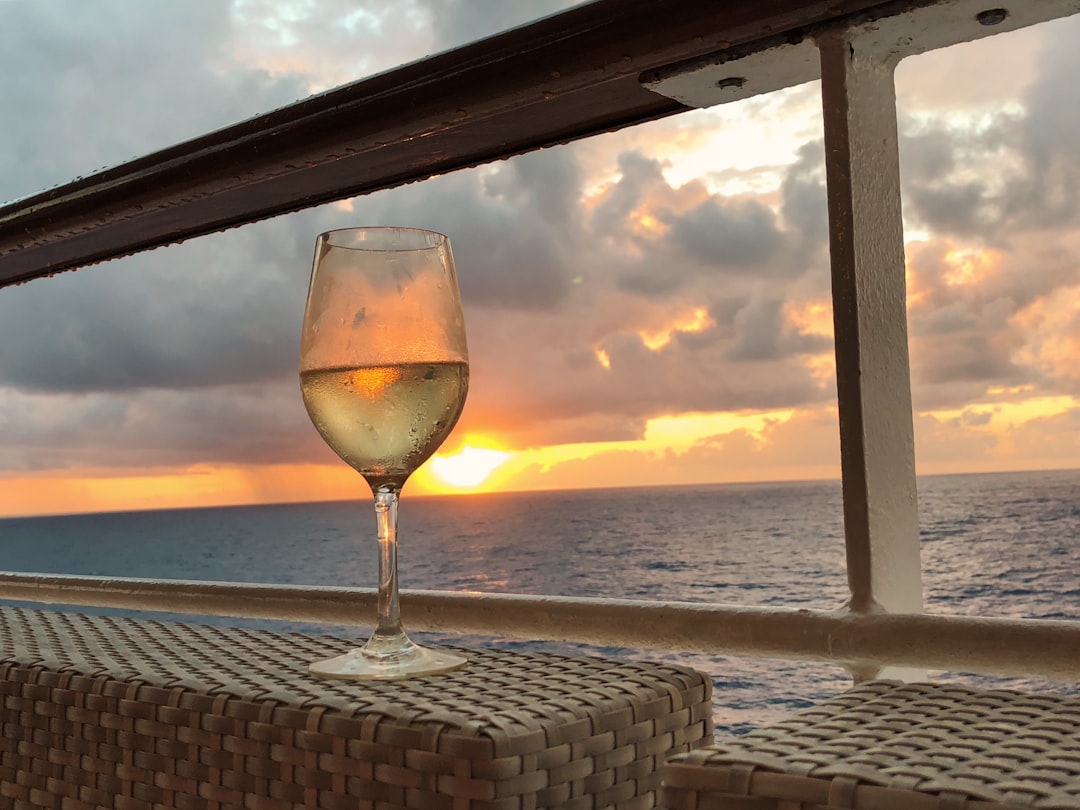Is It Ethical to Take a Cruise?
It's complicated. Or maybe I'm just looking for an excuse to say yes.
Michael and I have written a lot about cruise ships. Lately, we’ve given the reasons why we like them and how they really work for aspects of our lifestyle.
But that doesn’t mean we don’t have concerns about the ethics of cruising.

For decades, the cruise industry has been on the receiving end of a lot of criticism — for their environmental and community impacts, and also for the treatment of their workers.
How much of this criticism is deserved? And when it comes to cruising, what is my personal responsibility? Is the impact of cruising so bad that a thoughtful, ethical person should simply never get on one of these boats?
Here is my take on these issues.
Greenhouse Gas Emissions
Cruise ships release very high amounts of greenhouse gases. Because cruise ships operate in international waters, they’re often less regulated and less scrutinized than other methods of transportation.
The good news is that, emission-wise, things are changing — mostly, due to pressure from environmentally conscious countries like those in the European Union and progressive U.S. states like California.
But the cruise lines still have a long way to go. They’re promising more dramatic changes, but, infuriatingly, they often engage in “greenwashing” rather than making substantive changes. Carnival, which also owns Holland America and Princess, is currently thought to be among the worst.
Some activists have concluded that sailing on a cruise ship is even worse for the climate than traveling the same distance in an airplane, which is already very bad. In terms of fuel alone, a cruise ship is three times worse than a plane, according to this estimate.
But if you compare one’s total energy consumption — the amount you expend while on the ship versus the amount you would spend if you hadn’t taken the cruise — the numbers come out better: a five-day cruise is only twice as wasteful as a flight and five days in a luxury hotel.
Of course, I’m not sure “luxury hotel” is the best comparison. It’s true that cruise lines lean into the idea of “luxury” — there are lots of white tablecloths and fresh towels. But here too they’ve made dramatic improvements in recent years, installing water-reduction shower-heads, energy-efficient lighting, low-flow toilets, reduced-flow dishwashers, and low-consumption laundry equipment.
My sense is that my personal consumption is less on a cruise ship than it would otherwise be, especially once I tell housekeeping not to replace the towels every day.
Also, Michael and I try to take longer cruises, which further reduce our energy averages. In addition, we often use cruise ships as actual transportation to various destinations in our lives as nomads. Then, once we’re in a new region of the world, we try to stay there for at least a year, reducing our carbon footprint.
MY VERDICT: When it comes to greenhouse gas emissions, cruise ships have traditionally been bad, but they’ve recently made improvements. Plus, there are ways to mitigate one’s own impact.
Other Environmental Concerns
This is a catch-all category. Let’s take a look at a few other environmental concerns, one by one:
Dumping Sewage and Waste
Cruise lines used to have a well-deserved reputation for dumping sewage and even hazardous waste directly in the oceans. But this is much more tightly regulated in recent years (at least among the major, Western cruise lines).
This might be the industry’s biggest environmental success story.
Damaging the Marine Environment
The mere presence of cruise ships — and the facilities needed to dock them — has often damaged the marine environment. Cruise ships have even been known to run into whales, injuring or killing them.
But all ships can injure whales, and regulation has dramatically reduced this too. Indeed, I’ve personally been on several cruises that went to great lengths to avoid colliding with whales. In a way, this criticism seems more like an argument against Western overconsumption and tourism in general.



